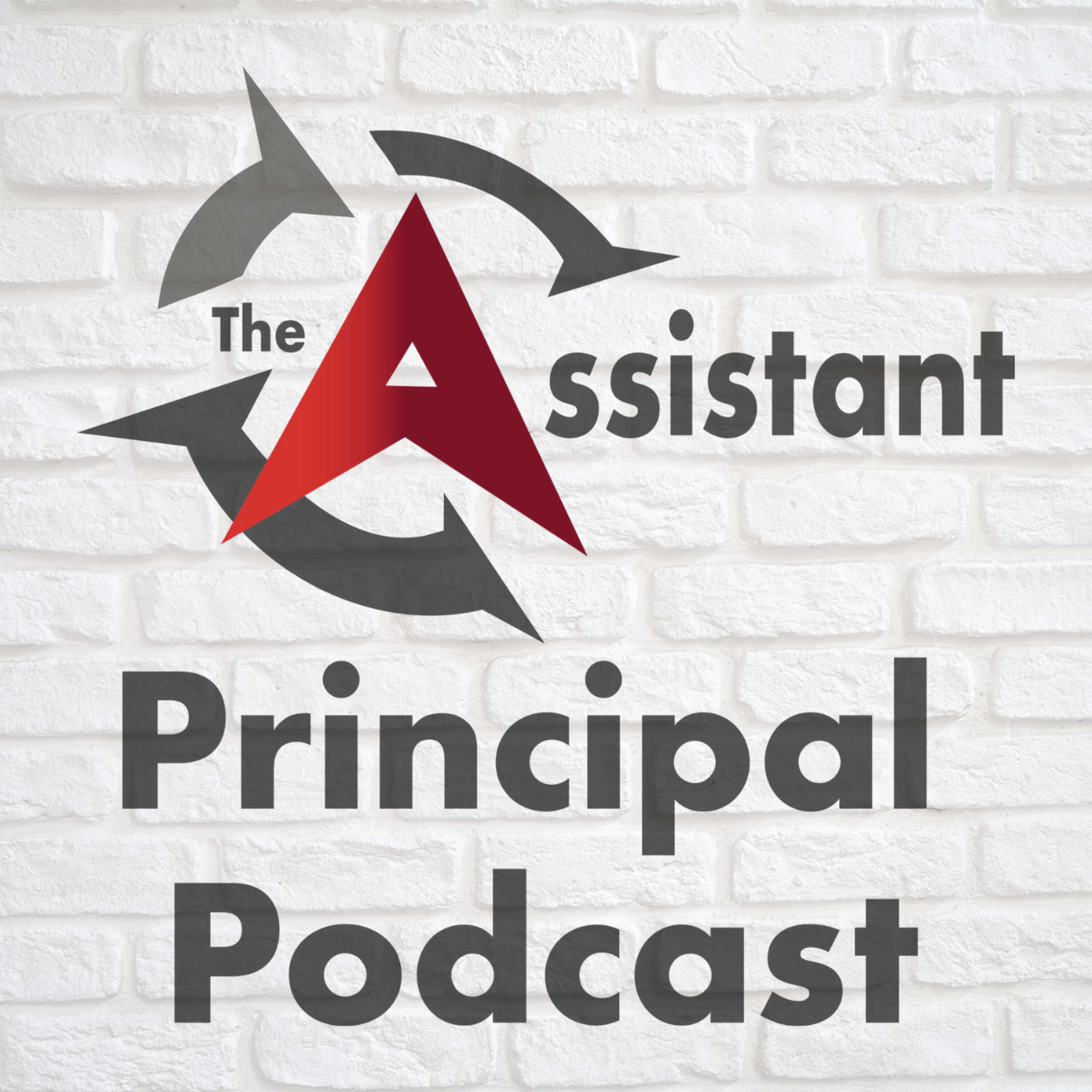- After-Shows
- Alternative
- Animals
- Animation
- Arts
- Astronomy
- Automotive
- Aviation
- Baseball
- Basketball
- Beauty
- Books
- Buddhism
- Business
- Careers
- Chemistry
- Christianity
- Climate
- Comedy
- Commentary
- Courses
- Crafts
- Cricket
- Cryptocurrency
- Culture
- Daily
- Design
- Documentary
- Drama
- Earth
- Education
- Entertainment
- Entrepreneurship
- Family
- Fantasy
- Fashion
- Fiction
- Film
- Fitness
- Food
- Football
- Games
- Garden
- Golf
- Government
- Health
- Hinduism
- History
- Hobbies
- Hockey
- Home
- How-To
- Improv
- Interviews
- Investing
- Islam
- Journals
- Judaism
- Kids
- Language
- Learning
- Leisure
- Life
- Management
- Manga
- Marketing
- Mathematics
- Medicine
- Mental
- Music
- Natural
- Nature
- News
- Non-Profit
- Nutrition
- Parenting
- Performing
- Personal
- Pets
- Philosophy
- Physics
- Places
- Politics
- Relationships
- Religion
- Reviews
- Role-Playing
- Rugby
- Running
- Science
- Self-Improvement
- Sexuality
- Soccer
- Social
- Society
- Spirituality
- Sports
- Stand-Up
- Stories
- Swimming
- TV
- Tabletop
- Technology
- Tennis
- Travel
- True Crime
- Episode-Games
- Visual
- Volleyball
- Weather
- Wilderness
- Wrestling
- Other
Professional Development
Assistant Principal Podcast Content Episode Outline
Show title and release date:
Show Description:"Those sessions do nothing for me" This was a quote from a teacher about some PD and it was shared by an admin seeking feedback on a social media site. More specifically, the teacher was commenting on a mandatory PD session. The situation and large amount of often conflicting advice got me to thinking. Are there a couple of core principles that should drive professional development?
Show Intro
Hello colleagues and welcome to the Assistant Principal Podcast. I’m your host Frederick Buskey. The goal of this podcast is to help improve the life and leadership of assistant principals. This is a content-focused episode in which we take on the issue of professional development. Today’s content will stand on its own, but we will take a deeper dive into the topic in an upcoming issue of Quadrant2. Quadrant2 is our free bi-monthly micro-journal. Each issue focuses on one specific topic and provides the nuts and bolts for applying that idea in your school. You can find a link to subscribe to Quadrant2 at my website at frederickbuskey.com/quadrant2.
Celebrations:
As I began thinking about what celebration to share, my first though was that it has been a grueling six weeks and I’ve been sick the past 10 days. In terms of achievements, I don’t feel like there is a lot to cheer about. But I do control my own attitude and that alone is worth celebrating. If you listened to last week’s Five for Friday you heard me talk about my friend Steve and what he said about attitude: Bird quote
So that’s what I’m celebrating, the power we have to choose. And that is enough to get me out of my little puddle and celebrate something else – that we are together! It’s a privilege to be able to share with you and to have an opportunity to help you live and lead better.
The Big IdeaI’m going to talk about all PD today, and by all I mean about 90% of it. There will always (90% of the time) be exceptions, so please don’t get hung up on them. I’m using all because it flows and sounds better than most. So here are my guiding principles for all PD for teachers:
All PD should help teachers to overcome specific challenges they are facing
Teachers should determine the focus of their own PD
All PD should provide immediate value
The role of the IC, P, and AP are to help each teacher meet that teacher’s PD goals
Before going deeper, let’s define teacher professional development: Teacher PD consists of an intentional effort to develop or increase knowledge, skills, and/or dispositions to improve student outcomes. PD comes in five basic forms:
Internal group led by a school or district employee
External group led by a consultant or other external agent
Mentoring and peer networks
Coaching and support from instructional leaders
Self-reflection and individual initiative
All of these are valid forms of professional development.
Okay, let’s break this down.
All PD should help teachers to overcome specific challenges they are facing
Teaching is incredibly complex, and teachers will always have many things to improve on
The three most precious resources in school are: people, time, and attention.
When there is so much to learn and so little time and attention, why would we ever waste professional development opportunities? By waste I mean not making them applicable to a teacher’s specific situation and need.
Teachers should determine the focus of their own PD (Dr. P story)
We aren’t good at determining what’s most impor


